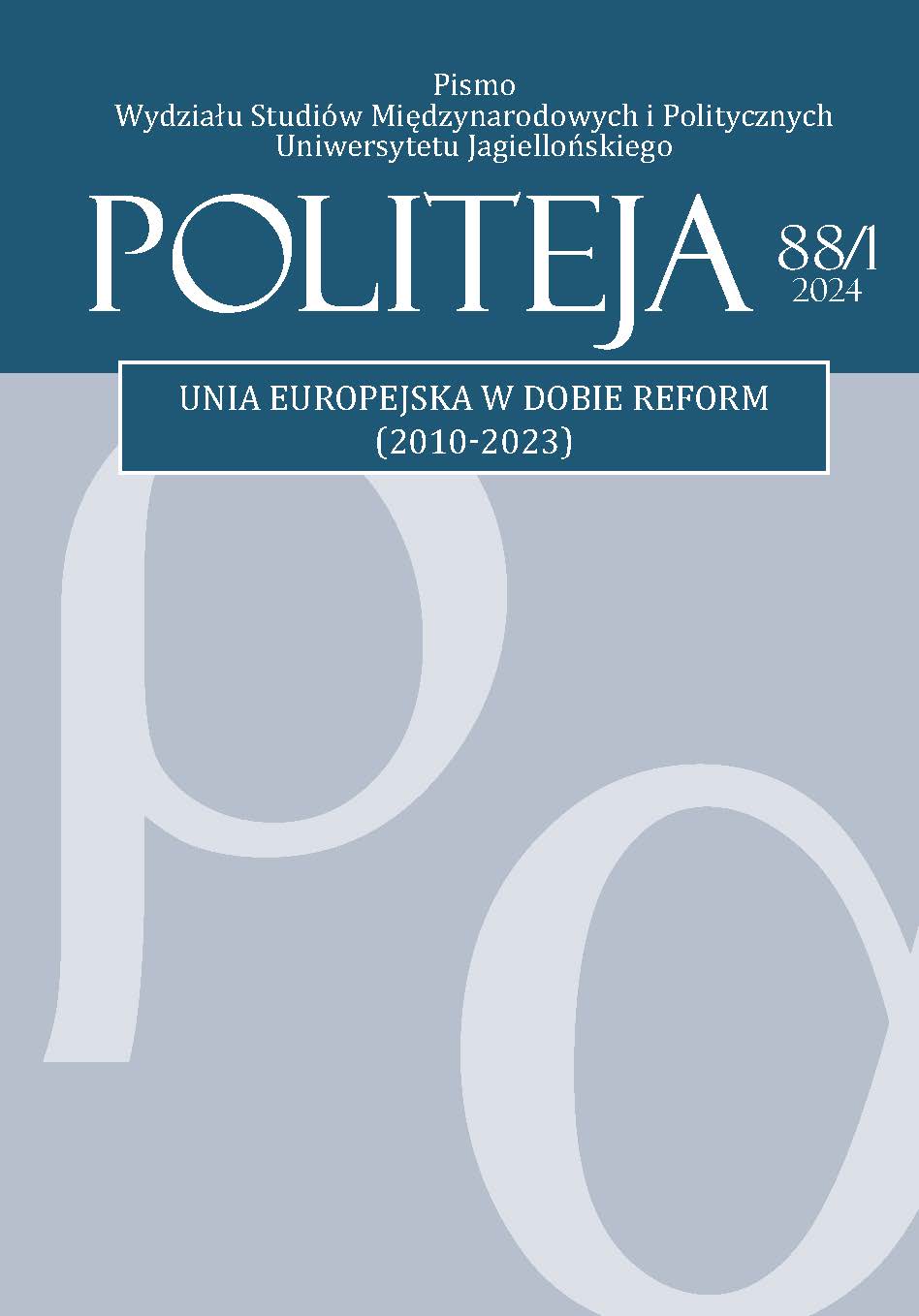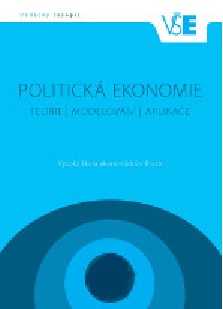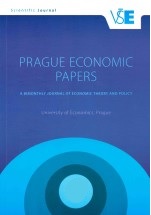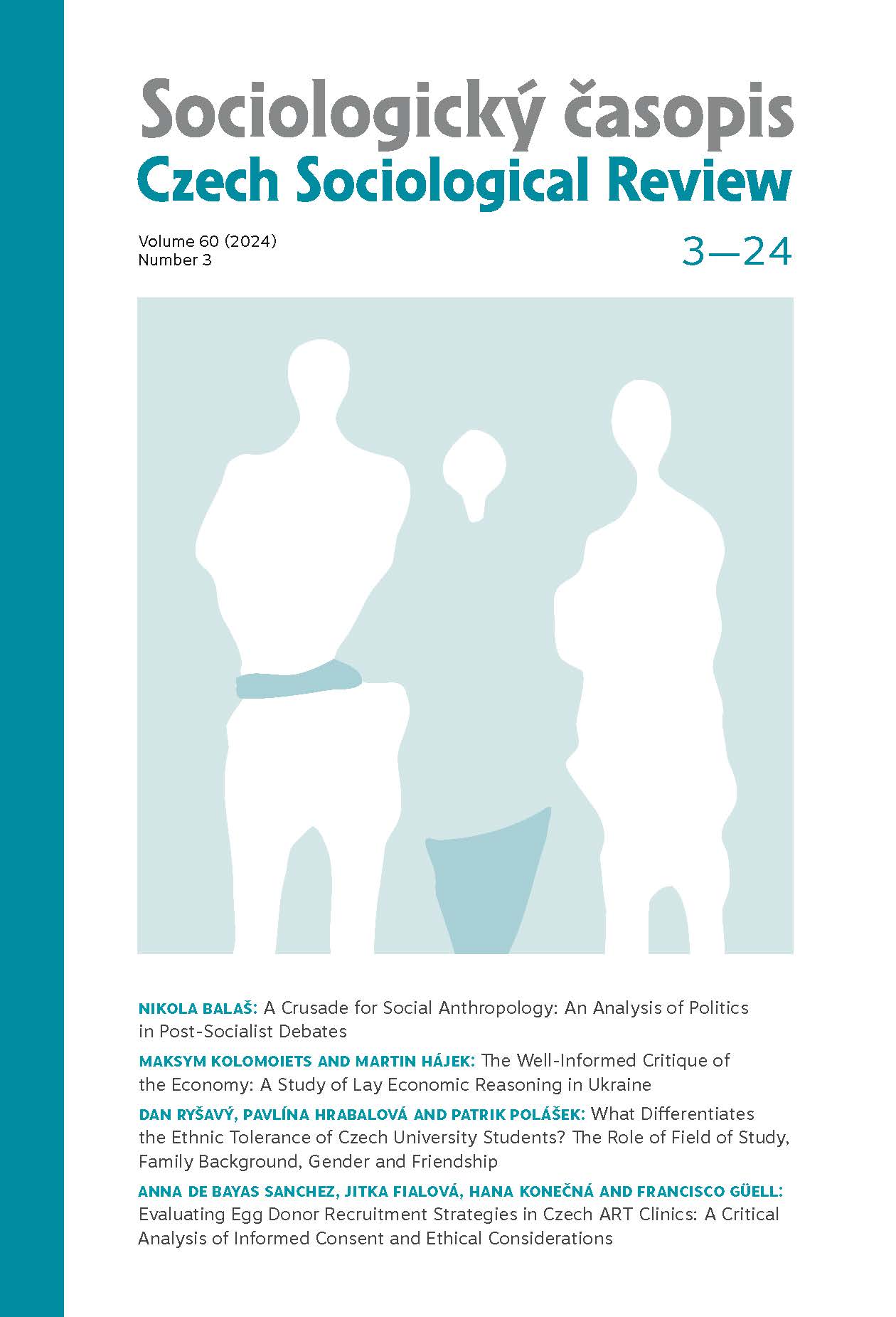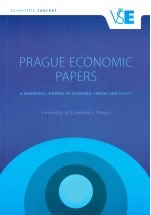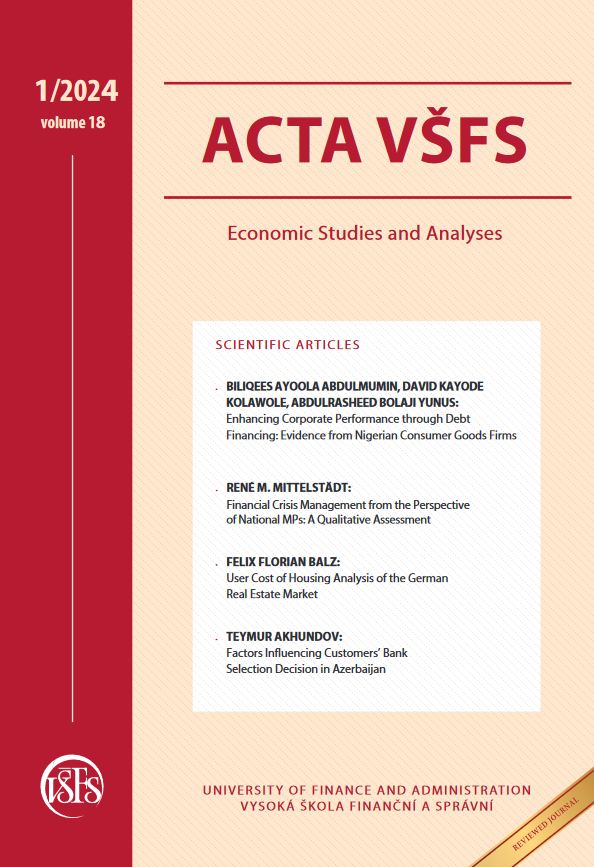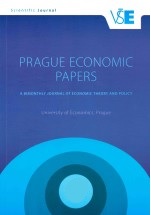
Posibilele rezultate ale facturării electronice asupra colectării taxelor și impactul asupra viitorului sistemului fiscal românesc
The research investigates the potential outcomes of e-invoicing on tax collection and itsimplications for the future of the Romanian tax system. Employing a comprehensiveapproach, the study combines theoretical frameworks with a comparative analysis ofcountries that have already applied e-invoice. Initially, it reviews significant research inthe field, utilizing bibliometric analysis to identify key contributions. The bibliometricanalysis was implemented based on the Web of Science database. Subsequently, itexamines the evolution of e-invoicing globally, comparing tax revenues before and afterits implementation in various countries to discern its impact. In this regard, the statisticaldata was extracted from The World Bank and Eurostat databases. Additionally, itprovides an overview of electronic invoicing specifically within the context of Romania.The methodology involves a comparative analysis of tax revenue data and the progressionof e-invoicing adoption which was represented according to data from the RomanianMinistry of Public Finance. This study aims to assess whether e-invoicing has a positiveor negative effect on tax collection and to offer insights into its potential implications forthe Romanian tax system.
More...
